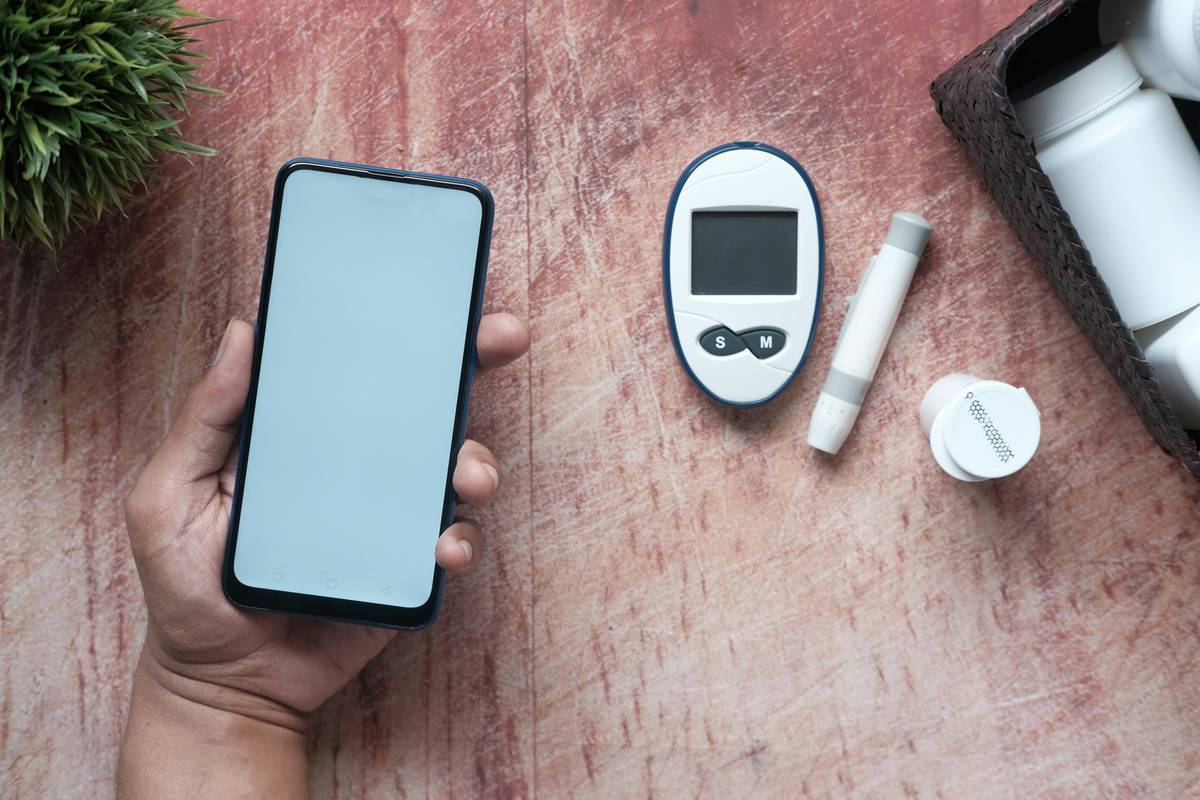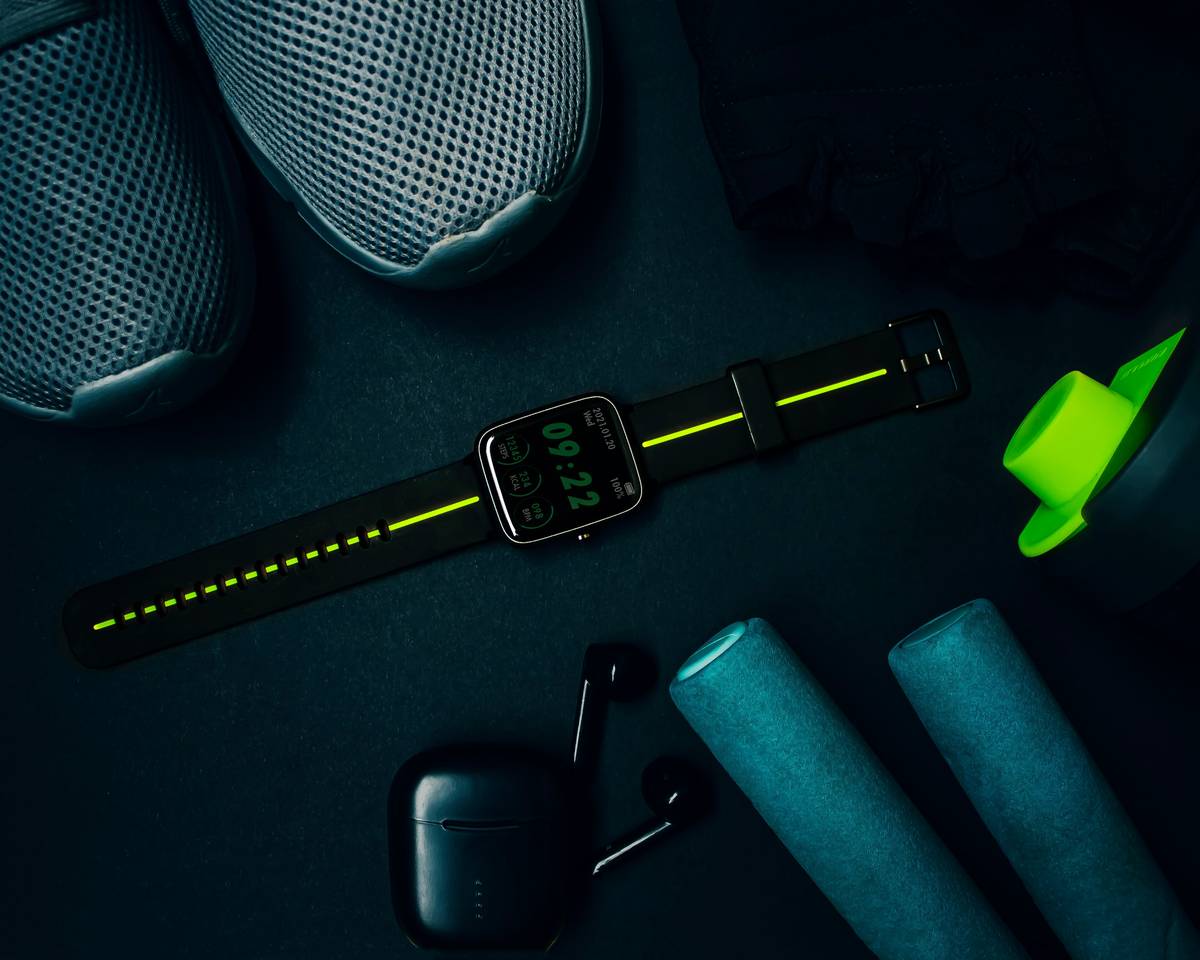“Ever wasted an entire workday sifting through irrelevant studies and data, only to end up with nothing useful? You’re not alone.” In today’s fast-paced world of health and wellness research, having the right smart research tool can mean the difference between breakthroughs and burnout.
In this post, we’ll explore how you can harness the power of apps designed to boost productivity and well-being by focusing on one critical element: smart research tools. We’ll cover:
- Why traditional research methods fail us.
- A step-by-step guide to finding your perfect smart research tool.
- Tips that actually save time (not waste it).
- Real-world examples proving these tools are worth every penny.
Table of Contents
- Key Takeaways
- The Problem: Why Old-School Research Feels Like Punishment
- How to Find the Perfect Smart Research Tool
- Best Practices for Maximizing Your Smart Research Tool
- Case Studies: Real-Life Success Stories
- Frequently Asked Questions About Smart Research Tools
- Conclusion
Key Takeaways
- A smart research tool streamlines information gathering, saving hours weekly.
- Prioritize features like AI filtering, cross-platform compatibility, and user-friendly interfaces when choosing.
- Avoid tools overloaded with unnecessary bells and whistles—stick to what improves efficiency.
- Real users have reported significant improvements in their mental clarity and work output after adopting such tools.
The Problem: Why Old-School Research Feels Like Punishment
I used to pride myself on my ability to dig deep into academic papers, but I hit rock bottom when I spent three days searching for credible sources about sleep hygiene. Three. Days.
Optimist Me: “This rabbit hole will lead somewhere amazing!”
Grumpy Me: “I could’ve binge-watched all seasons of The Office instead…”
Honestly, traditional research techniques often feel like drowning in a sea of PDFs—each document promising gold yet delivering fluff. And while some might argue Google Scholar is king, let’s face facts: even its algorithm occasionally spits out duds.
Shocking Stat Alert: According to recent studies, researchers spend nearly 80% of their time just locating resources rather than analyzing them. That sounds as exhausting as trying to edit a video on a potato laptop.

How to Find the Perfect Smart Research Tool
Lucky for us, modern technology has birthed a new class of solutions known as smart research tools. These bad boys use machine learning, NLP, and other buzzwords to make life easier. Here’s how to pick yours:
Step 1: Identify Your Core Needs
Are you writing essays? Compiling wellness reports? Or maybe digging into trends around mindfulness apps? Pinpoint exactly what kind of data matters most before anything else.
Step 2: Explore Top-Rated Options
Some popular names include Zotero, Mendeley, and ReadCube Papers—but don’t stop there. Dive beyond mainstream options and check out emerging players like Paperpile or RefWorks.
Step 3: Test Features Like Goldilocks Would
Does the app allow seamless citation management? Can it organize references by tags or topics? Is the interface so sleek you forget you’re “working”? If not, swipe left.
Step 4: Check Compatibility
Ensure the platform integrates smoothly with tools you already love using (e.g., Google Docs, Word). Life’s too short for clunky workflows.
Best Practices for Maximizing Your Smart Research Tool
Alrighty, now that you’ve got yourself a shiny new gadget, here’s how to optimize it:
- Use Templates: Preformatted citation styles = zero stress.
- Automate Where Possible: Let AI handle repetitive tasks like extracting metadata from PDFs.
- Stay Updated: Software updates aren’t just nagging prompts; they improve functionality.
Bonus Tip: Avoid overloading folders with random junk files—a cluttered workspace equals a cluttered mind. Trust me; my desktop looked like Times Square until last month.

Case Studies: Real-Life Success Stories
Story #1: Sarah, Freelance Writer
Sarah struggled with managing citations manually until she switched to RefWorks. She claims her productivity skyrocketed by 60%, allowing her more free time for yoga classes.
Story #2: Dr. Rajiv, Academic Researcher
Dr. Rajiv adopted EndNote to streamline his lit reviews. He proudly boasts, “For the first time ever, I submitted a manuscript ahead of deadline.” Chef’s kiss indeed!
Frequently Asked Questions About Smart Research Tools
Q: Are smart research tools expensive?
Absolutely not! Many top-tier programs offer free versions or trials. Just be wary of subscription fees creeping up later.
Q: Do I need coding skills to use them?
Nope, unless you count cut-and-paste as coding (*insert laugh-cry emoji*).
Q: What’s the worst advice you’ve heard?
“Just download everything and sort later.” Terrible idea. Picture your inbox flooded with spam-level chaos—same disaster.
Conclusion
We’ve journeyed together through the pain, process, and promises of smart research tools. They aren’t magic wands but game-changers nonetheless. So why wait? Start exploring options today and give yourself back those precious hours lost in PDF purgatory.
Remember, optimizing your workflow shouldn’t come at the cost of sanity. As they said during dial-up internet days, “You’ve got this!”
Life’s a blur—whirrrr. Smart tech slows down chaos, Calm ensues. Sweet!


